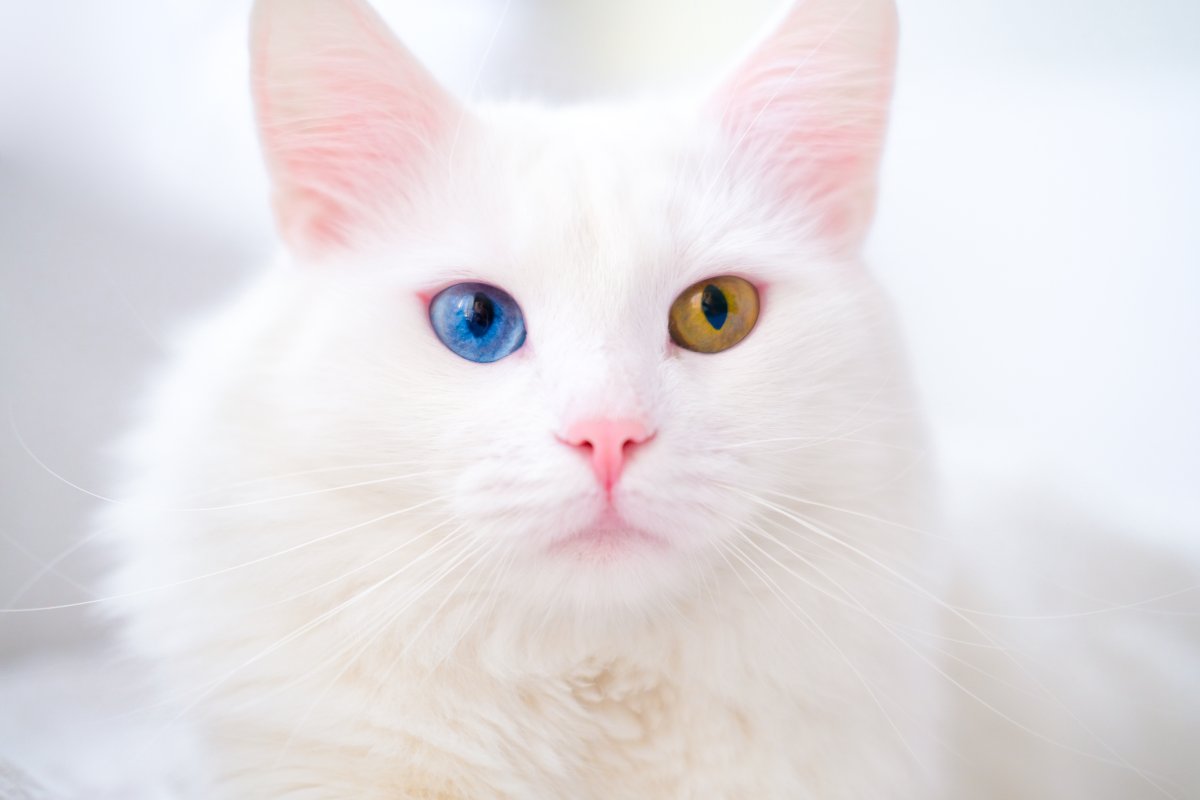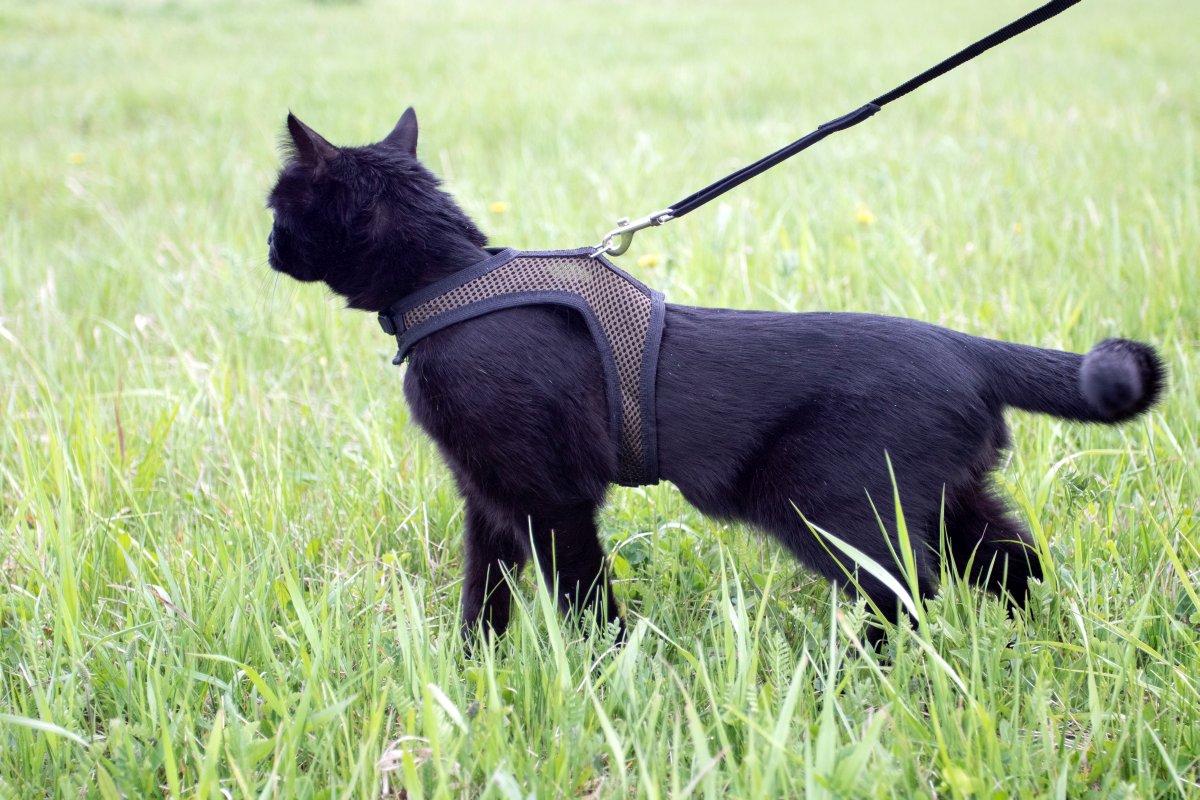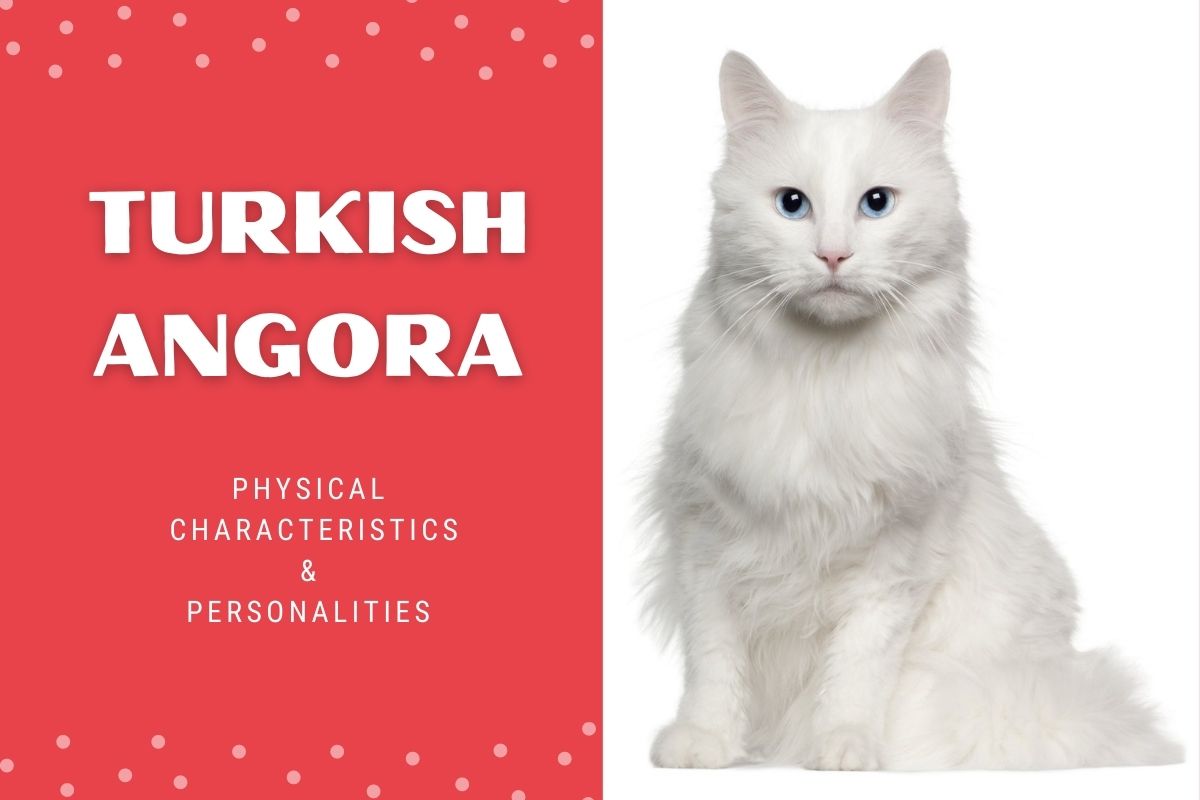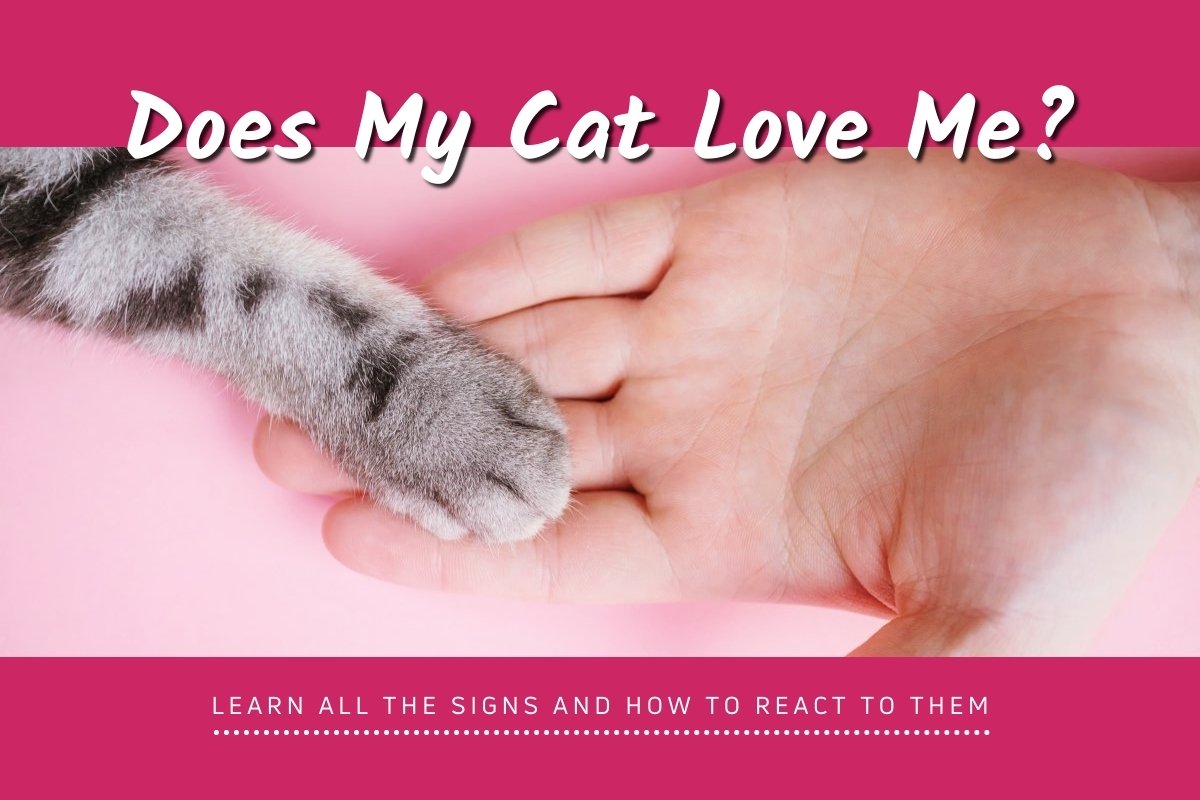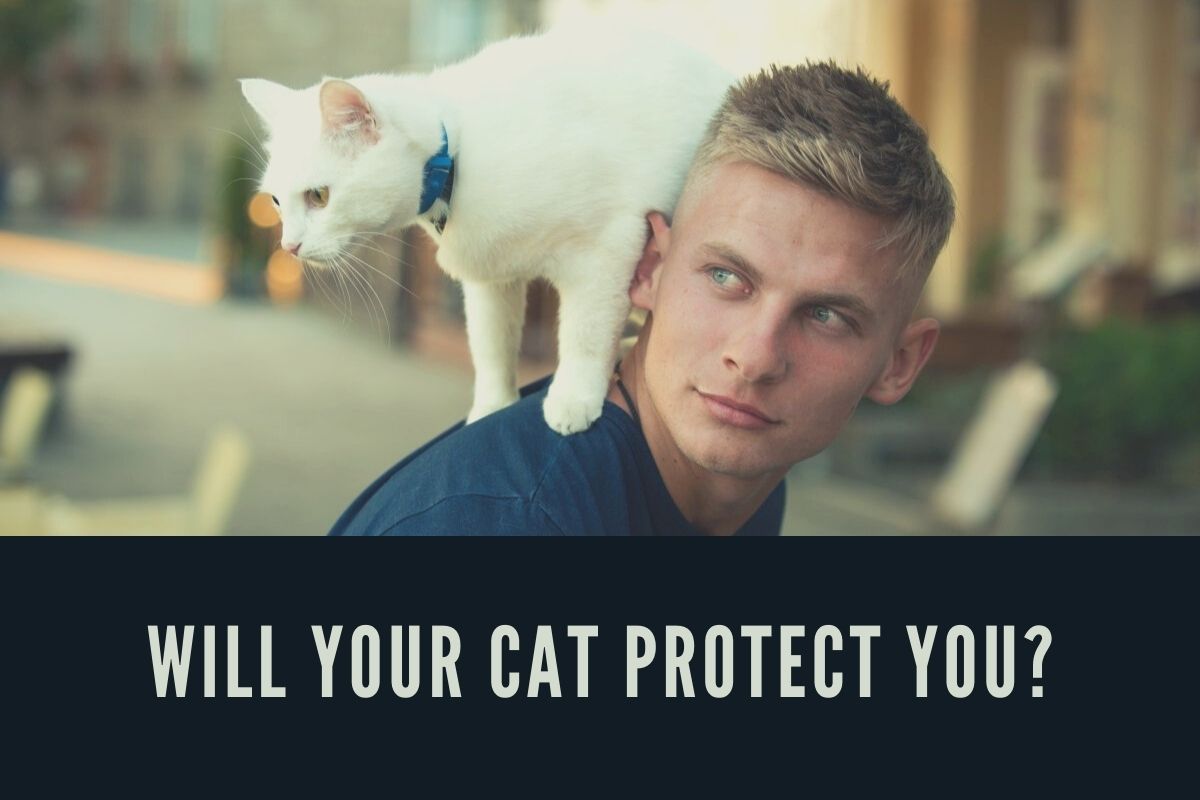Turkish Van cats are a rare breed and exist naturally in the mountains in Turkey. They have a Van color pattern, which was named after the breed. In this pattern, the differentiated color of the fur is only present on the head, ears, and tail. It is a unique trait of the Turkish Van cats, and they are distinguished mainly from this.
They have semi-long hair in their fur, and the length/thickness of their fur depends on the season. It tends to become thick and lengthy in the winters so that better insulation is possible.
Whereas in Summers, Turkish Van cats tend to shed their thick coats, and the coat becomes light and thin so that it does not trap much heat or dust, which helps in keeping the cat cool on warm or hot days
This article may help some owners of Turkish Van cats to take better care of their pets, using some common or some unusual facts about the Turkish Van breed.
1- They have a single coat
Unlike other semi-long hair cats, who have three layers in their fur, namely guard hair, awn hair, and down the hair from top to bottom, Turkish Van Cats have a single layer of hair that tends to grow and recede based on the season.
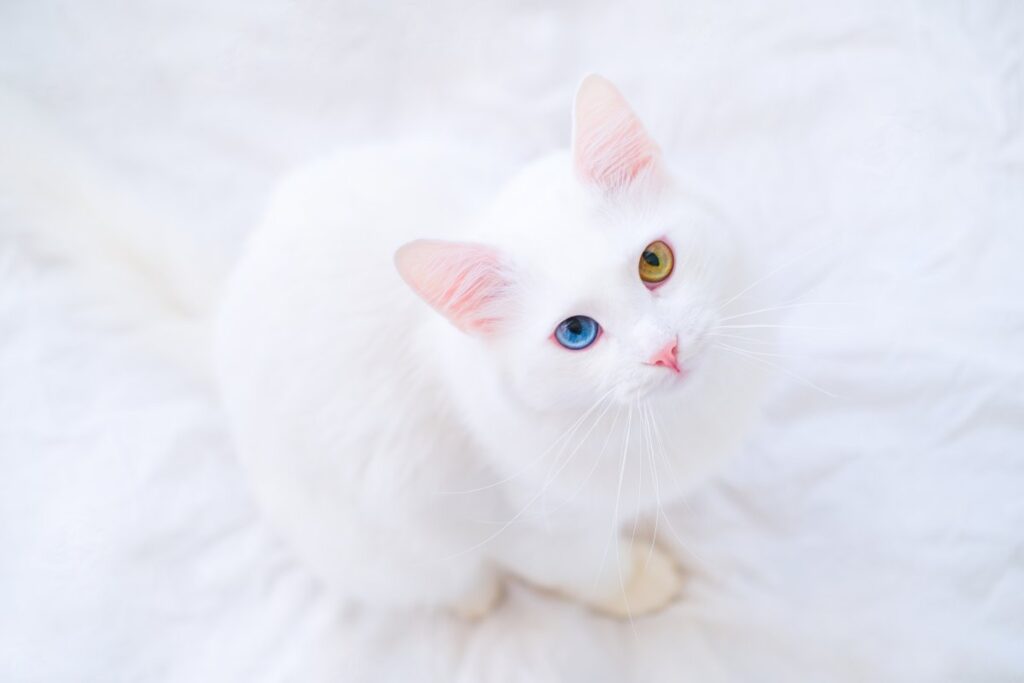
This means that they do not require as much grooming as other cat breeds, and they can be an easy breed to work with overall. An uncommon fact about Turkish Van cats is that they have somewhat of a water repellent coat that dries up quickly; this can create problems for some owners during bath times.
2- They are very playful
Turkish Van cats are quite playful, and they are an active breed. They are known to be quite muscular, enjoy climbing up to a high point and assessing their surroundings, and quickly get down and about to explore an area around the house.
Due to their active and playful nature, playtime with them must be stimulating. So if you are a Turkish Van owner, you should get cat toys such as feather wands, which can be a stimulating target for your cat because of its constant movements.
3- They are not that friendly
Turkish Van cats may be a part of the select few cat breeds that would prefer being alone than being friendly and out-going. They do not scope well in multiple-pet households and instead prefer being the only pet in the house.
They do not get along well with other breeds, but a Turkish Van can only cope well with other Turkish Van cats. So as an owner, you need to make sure that either you have no other pets or you already have a Turkish Van at home.
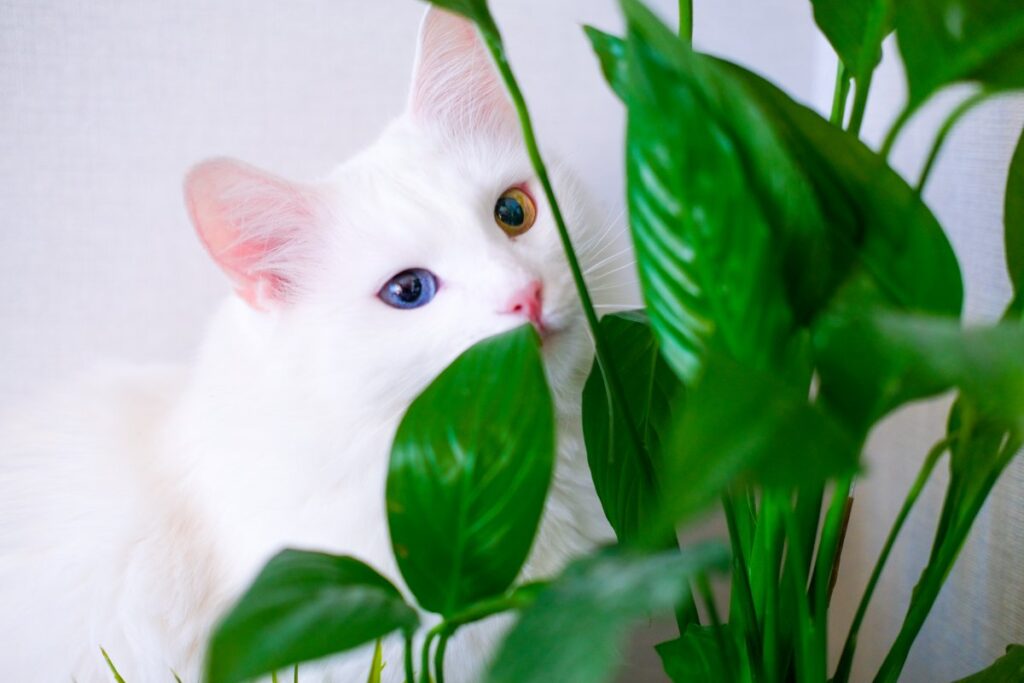
Turkish Van cats can also tolerate the presence of a dog and would not be frightened if they were introduced to each other patiently and properly.
As a Turkish Van owner, you may need to ensure that you do not force your cat to become sociable because that has been proven to make matters worse. It could make your cat more reclusive and introverted.
4- Forgo spaying or neutering your Turkish Van kittens for a while
Many vets suggest that if you have a Turkish Van and want to get it spayed or neutered, you should wait for a while and not go through with it if your cat is younger than five months. The reason behind this is related to the Turkish Van’s genetics.
Turkish Van cats tend to grow slower than other breeds, and they need growth hormones to properly develop their large bones and big muscles. So if the cat gets neutered, the Turkish Van will not grow properly and may end up being weaker than Turkish Van cats that were not neutered before or when they reached five months of age.
5- They are affectionate, but they are not lap cats
Turkish Van cats may do well with families. Still, owners may need to make sure that kids do not get too rough with them because Turkish Van cats get annoyed quickly by too much affection and may lash out at the children, injuring them.
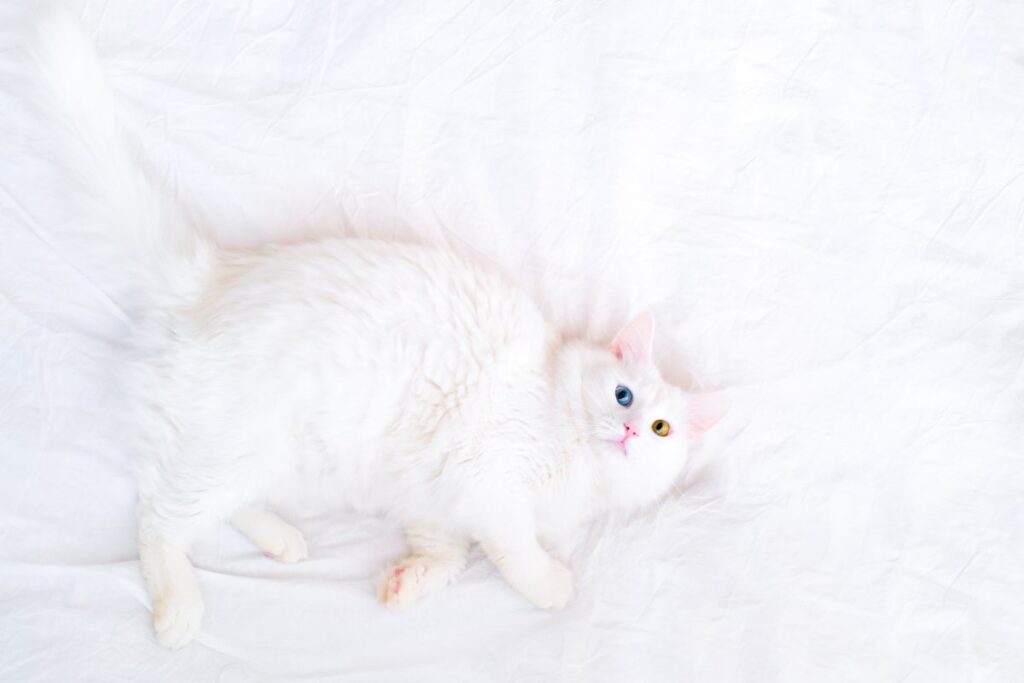
They cannot tolerate being picked up if they minded their business perfectly. Turkish Van cats do not prefer to sit in their owner’s laps; they would rather sit next to their owners rather than on their owners.
Forcing them to do so may have bad consequences and can lead your cat to become agitated and irritated.
6- They are quite healthy
Unlike many breeds globally, Turkish Van cats generally stay healthy and have minimal complications throughout their lives. They are susceptible to viral and bacterial infections, but they can be easily treated by getting your cat vaccinated by the vet. Turkish Vans can be susceptible to hypertrophic cardiomyopathy or HCM, a genetic disease in many breeds, but it has not been proven yet by scientists. Besides HCM, Turkish Van cats rarely suffer from genetic diseases, and they have quite a healthy gene pool.
Conclusion
In a nutshell, if you are a first-time cat owner, then a Turkish Van should not be the choice for you since they are not like other cats and have a low-stress tolerance. Their fur coats may require grooming once a week.
Still, if you groom them too much, it would put extra stress on your cat, which will cause it to stay on edge at all times. There would be an increase in fearfulness, and it may even lead to lesser sociability to humans and other animals.
But if you have raised your fair share of cats and are lonely, it would be recommended to get a Turkish Van. You would never be bored again because your new cat will have you on your feet at any given time of day. However, ensure that your Turkish Van is patiently and properly introduced to any other pets in the house, or there may be messy consequences.

